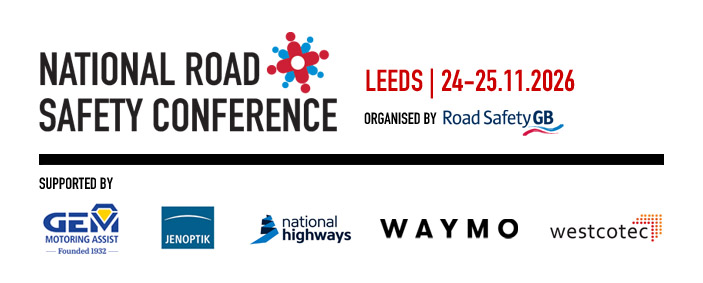An investigation of how drivers’ knowledge and use of advanced driver assistance systems (ADAS) varies between countries
Many new vehicles now include advanced driver assistance systems (ADAS) such as forward collision warning (FCW) or lane keeping assistance (LKA) which aim to prevent crashes, and make the driving experience more comfortable. While these systems have the potential to reduce crash risk when used correctly, drivers do not always understand what safety systems their vehicle has, or how to use them.
This presentation provides results of a survey conducted with 2,500 drivers of new vehicles (less than three years old), across five European countries (UK, France, Germany, Spain and Poland). Participants provided information on their use of, and attitudes towards, Adaptive Cruise Control (ACC), Lane Keeping Assist (LKA), Forward Collision Warning (FCW) and Intelligent Speed Assistance (ISA) systems, and their knowledge of these systems’ functionality.
Although there were cross country differences, almost 25% of participants never use these systems, and another 25% only use them sometimes. Reasons for switching off varied between systems, with ‘too many alerts’ and ‘a dislike of how the systems adjusted speed, distance, and lane positioning’ emerging as considerations.
Overall, users had a poor understanding of ADAS capabilities and limitations, with participants in Poland showing the weakest levels of knowledge. In particular, participants had a lack of understanding of their responsibility to monitor the roadway environment when using ADAS, or the need to consider the impact of road type or weather conditions on ADAS functionality. The results provide insights into education requirements for ADAS, and how these may differ across Europe; along with providing information on how to optimize the manner in which these systems communicate with the driver.
 İbrahim Öztürk, Senior Research Fellow, Institute for Transport Studies, University of Leeds
İbrahim Öztürk, Senior Research Fellow, Institute for Transport Studies, University of Leeds
İbrahim Öztürk, PhD, is a Senior Research Fellow at the Institute for Transport Studies, University of Leeds.
His research focuses on self-reported and simulated driver behaviours, driver training, traffic safety culture, and individual differences in road user-vehicle technology interaction across cultures.
